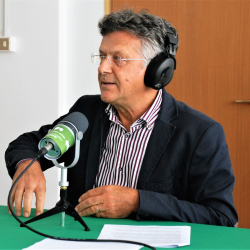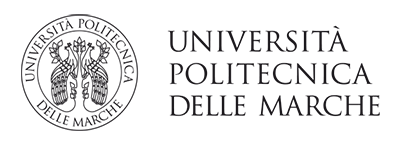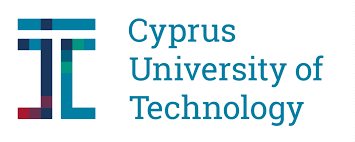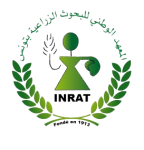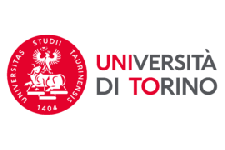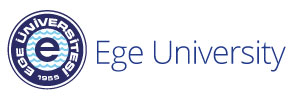ABOUT US




StopMedWaste is a project of 3-years duration, aiming for the preservation of perishable fresh fruit, vegetables and aromatic plants with innovative strategies that ensure consumer’s safety, reduction of agricultural products waste, as well as reduction of synthetic pesticides application. These strategies will be tested under semi-commercial or commercial conditions (in packing houses), monitoring the quality of the fresh produce during transportation, after they have been first assessed under laboratory conditions. StopMedWaste focuses on the reduction of food waste from 30% to 15% (in Agreement with the United Nations Priorities, the ZeroHunger Challenge), the reduction of discarded fruit by 20%, as well as the reduction of pesticides applied postharvest by 20%.



